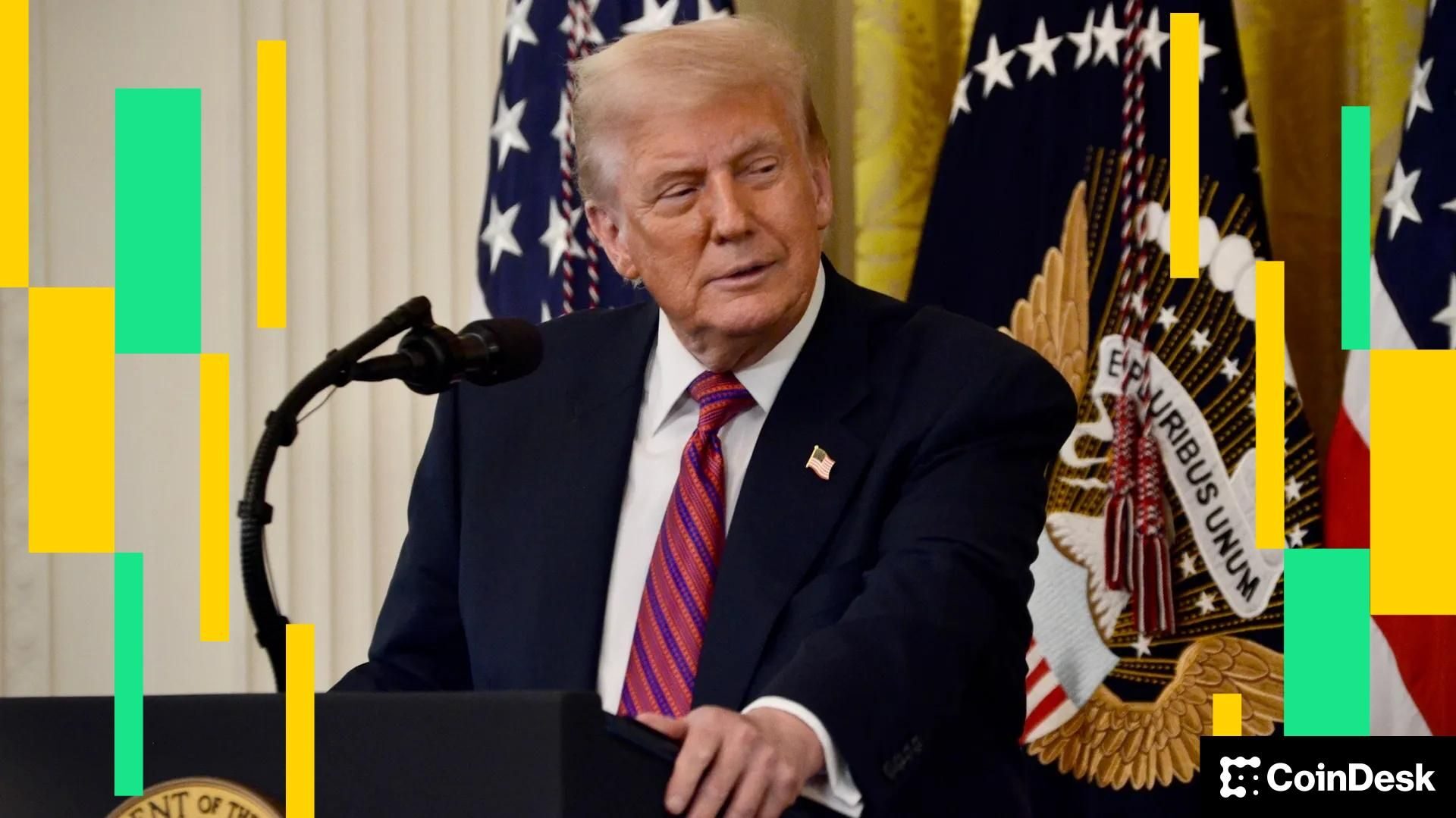NYDIG noted that the delay in reporting is notable, given USD1’s growing profile and $2.7 billion in supply, and may be a concern for investors.
By Francisco Rodrigues, AI Boost|Edited by Aoyon Ashraf
Oct 5, 2025, 2:00 p.m.

- World Liberty Financial’s USD1 stablecoin has fallen behind on publishing monthly attestation reports, with the most recent report available being from July, NYDIG said.
- The delay in reporting is notable given USD1’s growing profile and $2.7 billion in supply, and may be a concern for investors.
- USD1’s structure may also be impacted by the incoming GENIUS Act, which could limit stablecoin issuance to subsidiaries of regulated banks or state-qualified entities, and may require BitGo Technologies to make structural changes to comply.
The team behind USD1, the fast-growing stablecoin launched by Trump family-linked DeFi project World Liberty Financial, has fallen behind on updating its monthly attestation reports, a critical transparency measure for investors and regulators, according to NYDIG.
As of early October, the most recent report available is from July. That delay puts USD1 out of step with rivals like Circle’s USDC, which published reserve data through August, and Tether, which reports quarterly, Greg Cipolaro, Global Head of Research at NYDIG, said in a report.
STORY CONTINUES BELOW
“For a project of USD1’s stature, up-to-date attestations are non-negotiable,” Cipolaro wrote.
CoinDesk has reached out to BitGo and World Liberty Financial for comment but hasn’t heard back by the time of writing.
While BitGo Trust oversees custody of the stablecoin’s reserves, the issuer, BitGo Technologies, hasn’t explained the gap in reporting. The lapse is notable given USD1’s rising profile and $2.7 billion in supply, he noted.
At the same time, USD1’s token distribution suggests most of its traction is offshore. NYDIG claims that its analysis of top wallets shows that roughly 78% of the supply sits in addresses linked to overseas exchanges.
Looking ahead, USD1’s structure may conflict with the incoming GENIUS Act. The law, expected to take effect by early 2027, limits stablecoin issuance to subsidiaries of regulated banks or state-qualified entities.
NYDIG also said that BitGo Technologies doesn’t currently appear fit either in the regulated banks or state-qualified entities category, meaning structural changes may be required, Cipolaro wrote.
AI Disclaimer: Parts of this article were generated with the assistance from AI tools and reviewed by our editorial team to ensure accuracy and adherence to our standards. For more information, see CoinDesk’s full AI Policy.
Di più per voi
Di Francisco Rodrigues, AI Boost|Editor Aoyon Ashraf
23 ore fa

The service will be powered by Zerohash, and will put OnePay in line with competitors like Venmo, Cash App, and PayPal.
Cosa sapere:
- Walmart-backed fintech OnePay plans to add cryptocurrency trading and custody features to its app by the end of the year.
- The service will be powered by Chicago-based Zerohash, and will put OnePay in line with competitors like Venmo, Cash App, and PayPal, which already offer crypto trading to US users.
- OnePay’s move into crypto is part of its goal to become an “everything app” for digital finance, offering a range of services including savings accounts, debit and credit cards, and peer-to-peer payments to its users.







